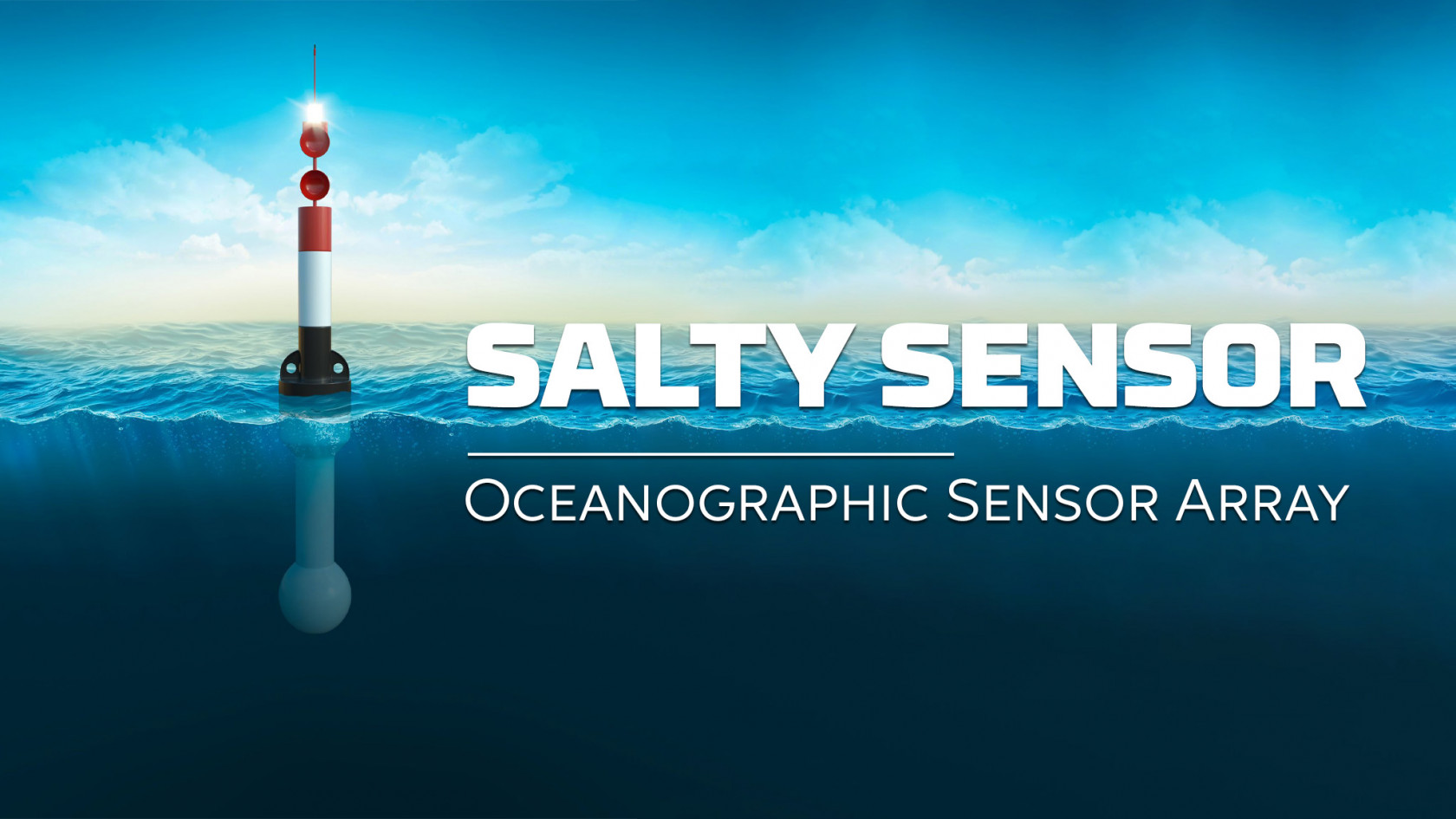Preliminary Research and Documentation
Contributors: Hendrik Hagala (Primary Research), Last Updated: March 17, 2021
Oceans cover 75% of the blue marble we call home. Monitoring environmental conditions in the ocean's ecosystems is a vital but difficult task. Until now, deploying sensors was an expensive proposition, limiting research to projects run by universities and a handful of well funded NGO's. We challenge hackers and makers to use your skills and creativity to help design new, cheaper, open-source hardware and software floating or diving sensor buoys to democratize marine environmental research. We will kick-off with tech talks by experienced sensor builders and oceanographers. Teams with winning designs will have the opportunity to visit the OceanBuilders Blue Frontier incubator off the coast of Panama and see their design deployed to monitor the coastal ecosystem.
This contest presents a technically demanding challenge for creating new open-source hardware and software design concepts and draws on a broad variety of skills from across the hacker community, and supports a worthy cause. A new career and lifestyle on the "blue frontier", where a hacker approach to solving problems is a must, may be the life adventure some DEF CON attendees didn't know they were looking for.
The hackathon will kick-off the first day of DEF CON, and there will be opportunities and space at Hack The Sea Village during normal conference hours for teaming, collaboration, and discussion with experienced seasteaders and sensor designers.
PROBLEM
The world's coral reefs are dying. The ocean's ecosystems are in decline. We need to understand the problem and have it backed up with real data so that we can find solutions.
SOLUTION
We would like to build an inexpensive, multi-purpose, remote monitoring buoy which can be reproduced globally so we can get real data to understand the problem and work towards real solutions. The buoy should consist of multiple sensors which can continuously collect scientific research data. The ideal solution, for bonus points, would be able to transmit the data to a central station for analysis. Here is a similar project built by some students (https://www.instructables.com/id/Smart-Buoy/). A typical line of sight radio transmission is 3 miles (https://en.m.wikipedia.org/wiki/Line-of-sight_propagation) unless there is a raised antenna.
PRIZES
The winning team will get:
- An all expense paid trip to the Ocean Builders Launch site in Panama where they can see your creation put into use. This includes airfare, travel, food, and miscellaneous expenses up to $1,500 for up to 3 people.
- A cash prize of $500.
- Each team member will get one nights accommodation in a SeaPod Floating Home ($500 value per person).
Potential Collaborators or Similar Work or Youtube videos and other references:
Target Build Cost: Under $500
Prize: Get credited as a Project Contributor for the Ocean Builders Project, <insert text>
Repository: https://github.com/oceanbuilders
Software: GNU General Public License (GNU GPL V3) here
Non-Software: Creative Commons (CC BY-SA 4.0) here
JUDGES
- Grant Romundt, CEO of Ocean Builders
- TBA
- TBA
- TBA
PROJECT AREAS
- 3D Renderings
- CAD Design
- IoT Development (sensors, arduino’s and raspberry pi’s)
- Software Development (python)
STAGES
- Apply to participate
- Get into teams on a grouping call
- Collaborate with your team on a private slack channel and "get shit done"
- Provide Video Proof of Life for your team on or before July 7th
- Competion and judging in Vegas at DEF CON in August
POINT STRUCTURE
|
Points |
Required |
Feature |
|
100 |
Yes |
Does it float? |
|
300 |
BONUS |
Does it float in turbulent waves? |
|
200 |
BONUS |
Is the body more than 80% 3D printed, laser cut, or made from repurposed recycled object(s) that are easy and cheap to acquire? |
|
150 |
Yes |
Is it waterproof? |
|
100/week 1,000 if continuous |
1 Week Minimum |
How long will the power run for? Ideally it can run continuously on solar power (maximum 1,000 points) |
|
300 +200 |
BONUS |
Does it cost less than $500 to build? 100 bonus points for each $50 under $500 it can be made for (it must have at least 5 sensors modules to qualify for the bonus') |
|
150 |
Yes |
Can it collect GPS location data? |
|
100 |
BONUS |
Can it detect wave height data? |
|
100 |
BONUS |
Can it detect wave direction? |
|
100 |
BONUS |
Can it detect wave period (the time in between maximum wave heights? |
|
50 |
BONUS |
Can it detect turbidity? |
|
300 |
BONUS |
Can it transmit data to an external/remote station periodically or continuously? |
|
50 |
BONUS |
Can it detect water temperature? |
|
50 |
BONUS |
Can it collect 6 or 9 axis motion data? |
|
50 |
BONUS |
Can it detect wind speed? |
|
50 |
BONUS |
Can it detect wind direction? |
|
200 |
BONUS |
Is it solar powered? |
|
50 |
BONUS |
Can it collect salinity data? |
|
100 |
BONUS |
Can it detect pH? |
|
200 |
BONUS |
Can it capture 360 degree images on camera 0.5 to 1m above the water? |
|
500 |
BONUS |
Can it detect sensor data at various depths below the water? |
Image Resources:
Low Res: https://www.dropbox.com/s/e5b6xdn56r4bhhx/Aqua%20Buoy_low.jpg?dl=0
Med Res: https://www.dropbox.com/s/qm6oefplz7339pi/AquaBuoy.jpg?dl=0
Draft Outline: https://www.dropbox.com/s/g2tc4ahy8gmc9kt/AquaBuoy.docx?dl=0
This project is being developed as an open-source project with the following licensing:
-
Open Source: Can be used for private or commercial projects
-
Software: GPL-3.0 - https://www.gnu.org/licenses/gpl-3.0.en.html
- Hardware, Design & other Intellectual Property: CC-BY-SA-4.0 - https://creativecommons.org/licenses/by-sa/4.0/

